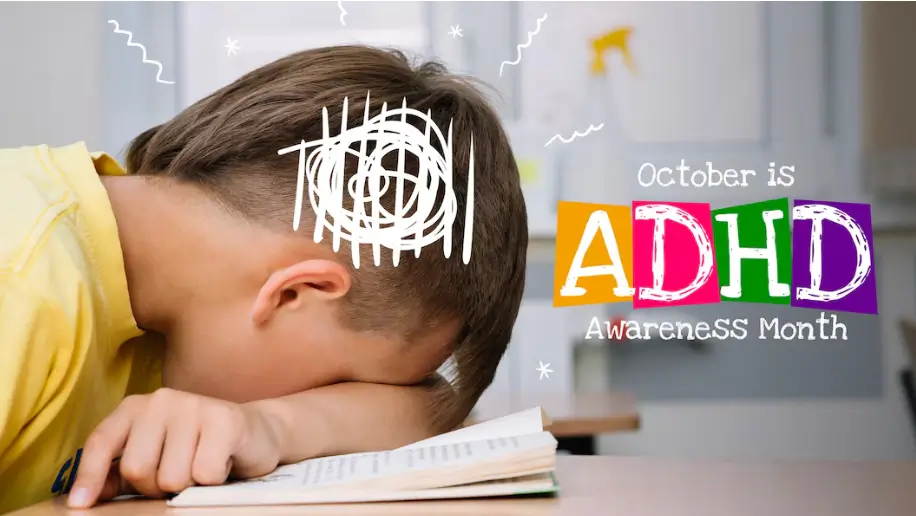It’s well-known that your self-perception influences every aspect of your life. When experiencing low self-esteem in a relationship, this influence extends beyond personal boundaries, affecting both partners’ satisfaction. Those with low self-esteem often notice its pervasive impact on their lives. Every part of life becomes subject to self-doubt, second-guessing, and self-diminishment.
Establish Achievable Expectations
Low self-esteem stems from setting unrealistic expectations for ourselves or simply overthinking. In a relationship, recognize that no one is perfect, and every partnership experiences highs and lows.
Expecting a relationship to always be smooth is unrealistic. This also ties into not comparing your relationship to others. Embrace the fact that both you and your partner are continually evolving.
Don’t Criticize Yourself Out Loud
Not speaking critically of yourself helps you become more positive and vibrant. Positivity attracts others, so encouraging and constructive language can enhance your relationships with friends and family. If you have self-esteem issues in the bedroom, Loria scrotal enhancement procedures may be able to help you gain confidence. This can lead to a better overall relationship with your partner and an improved self-image.
Communicate Openly
One large study indicates that low self-esteem is significantly linked to negative thought patterns, anxiety, and depression. However, building healthy coping skills and resilience can enhance your well-being. Talking with your partner, or a mental health professional to support building resilience can be helpful.
List the Qualities You Admire in Yourself
Reflecting on our positive qualities can be difficult, even uncomfortable. However, recognizing your strengths or what you appreciate about yourself can enhance your self-talk.
Avoid Comparing Yourself to Others
Your progress and self-worth shouldn’t depend on others’ achievements. There will always be someone who excels more. This doesn’t diminish your own abilities or value. If you browse, remember that people often share only the best, most flattering aspects of their lives.
Stop Playing the Blame Game
These thoughts are early indicators of low self-esteem and an unhealthy relationship. In extreme cases, partners may take advantage of this tendency. Seek help and communicate with your partner to foster patience and understanding, paving the way for a healthier and more mutually beneficial relationship.
Establish Limits in Your Relationships
Consider your boundaries in both personal and professional aspects of your life. Recognize your boundaries and how they align with your values to boost self-esteem.
Establishing boundaries at work may differ from those in your personal life. For instance, you might mute notifications after work hours to maintain work-life balance, but you can’t ignore friends when unsure about being firm with them. Be patient and truthful.
Endnote
By recognizing how low self-esteem affects your relationship, you can discover strategies that benefit both you and your partner. Low self-esteem doesn’t have to spell the end of your relationship, so explore these techniques to find what suits you best.




